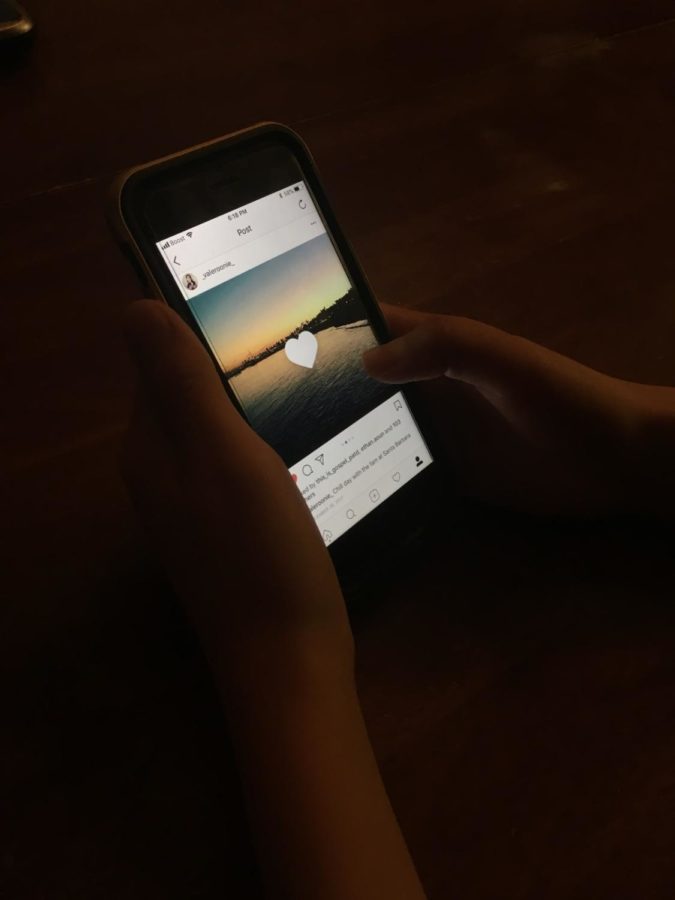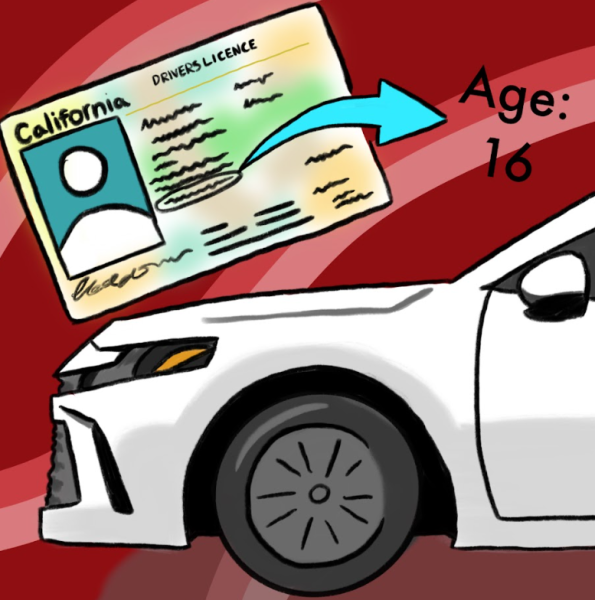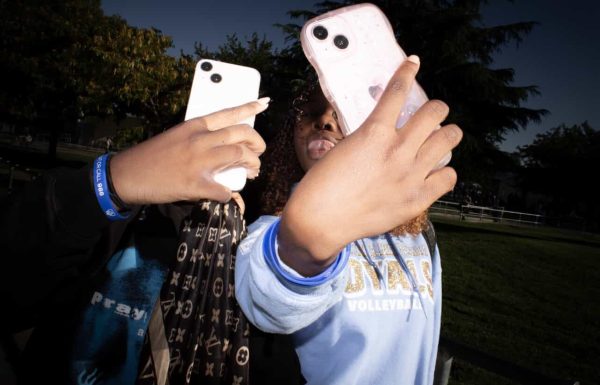Are We the Loneliest Generation?
Picture by Melissa Canales
With today’s technology, it is hard to find anyone who is ever alone. Talking to the people we care about and doing the things we enjoy are no longer restricted by distance. Catching up with an old high school friend only requires a simple text message, grocery shopping no longer requires that you leave the house, and people are able to share their lives with hundreds of people in a matter of seconds. Yet, when we look around to see the dinner table overrun by cell phones, the family room filled by the silence of everyone plugged into their tablets, and a friends’ night out met with the flash of cameras for a photo to post on social media, we cannot hide from the overwhelming truth: technology is making us more lonely than ever.
From Youtube to Instagram, there is a wide variety of ways to spend time staring at a screen, but with each passing moment, we are losing our social connections in the real world, and the situation is only getting worse. The term “FOMO” – short for “fear of missing out” – is a real issue that is present in the lives of millions of people, old and young. We are inclined to check our social media accounts multiple times a day, often spending several minutes scrolling through the lives of others and toying with the idea to post our own photo so as to make our life seem interesting. Additionally, platforms such as Snapchat are specifically designed for everyday use, encouraging us even more to forget about having in person interactions.
The technological age allows us to live without ever having to step out of our comfort zones, thus preventing us from meeting people and engaging in face-to-face conversations. Dating sites enable people to talk virtually to potential partners for months before ever setting up a date to meet one another in real life. Online multiplayer video games no longer require you to have a friend beside you to play because you can team up with a buddy halfway across the country instead. Watching TV, once a family activity, has become yet another excuse to stay locked up inside your bedroom with the shutters closed, binging on the last three seasons of your new favorite show. Not only do these activities isolate you from the people that love you, but over time, they also tend to make people more socially awkward and incapable of holding a conversation with the person sitting across from them. To make things worse, instead of trying to regain some ability to socialize, we retreat back to our phones and tablets to make up for the silence.
On the other hand, technology has allowed for many introverts to be more connected with people while saving them the effort needed to try and strike up a conversation with someone they don’t know. However, hiding behind a screen in the comfort of your home does not meet the needs of your body. The author of Find Your Courage, Margie Warrell, stated that humans require intimacy beyond what any social media platform can provide. Yet, instead of allowing ourselves to share our most vulnerable parts with each other, we decide to remain planted in front of our computers, controlling exactly what people can see about us. In the long run, it is this exact behavior that leads us to feel lonely in a world where we are more connected with one another than ever.
Technology has revolutionized the form in which we communicate, and its presence is a permanent one from here on out. We all know the troubles that have been solved by having the ability to call someone in another continent and sharing important information across the globe, but not many of us acknowledge the damage caused by being addicted to your phone screen. We are obsessed with gaining more followers on Instagram to fill an emptiness left by the lack of people to turn to in the physical world, but it is time to stop disguising ourselves behind screen names and filtered photos. Turn off your phone, unplug your computer, and go meet new people, experience new things, and enjoy the moment without feeling the need to tweet about it.

In one word, I describe myself as colorful. I adore watching sunrises and sunsets, reading books by candlelight, going on picnics with the stereotypical...








